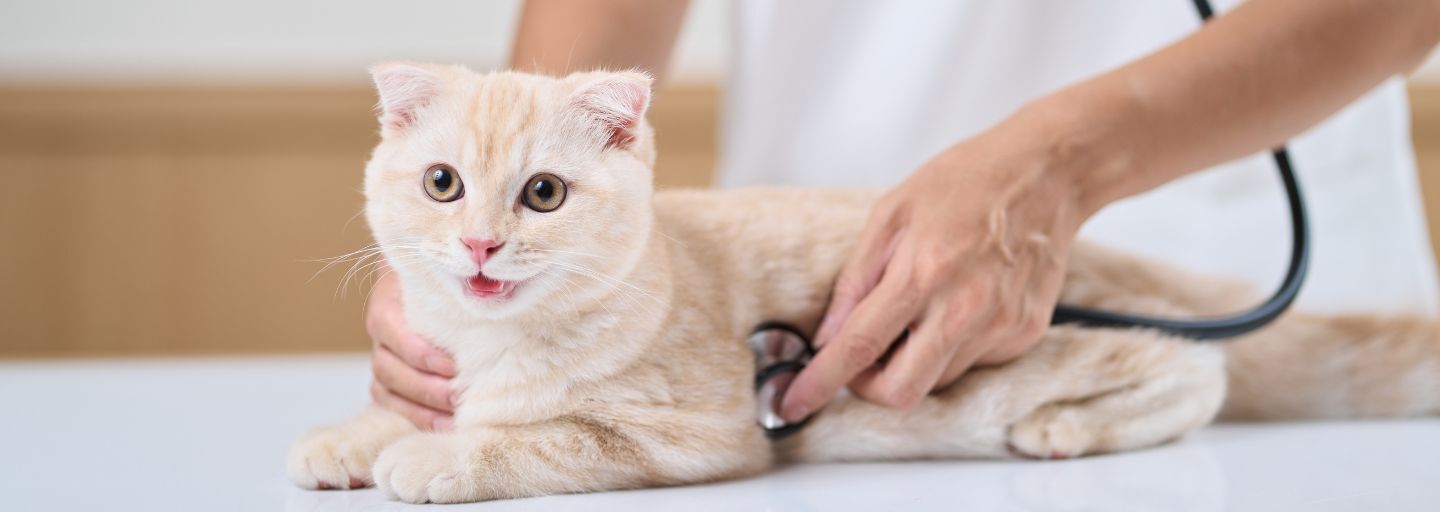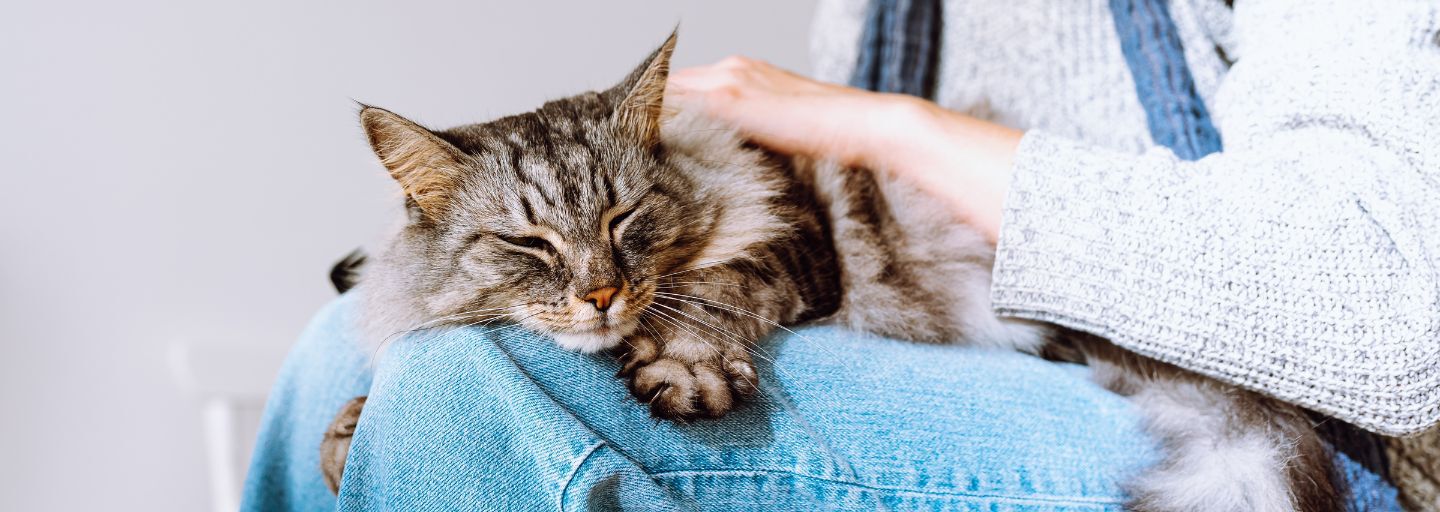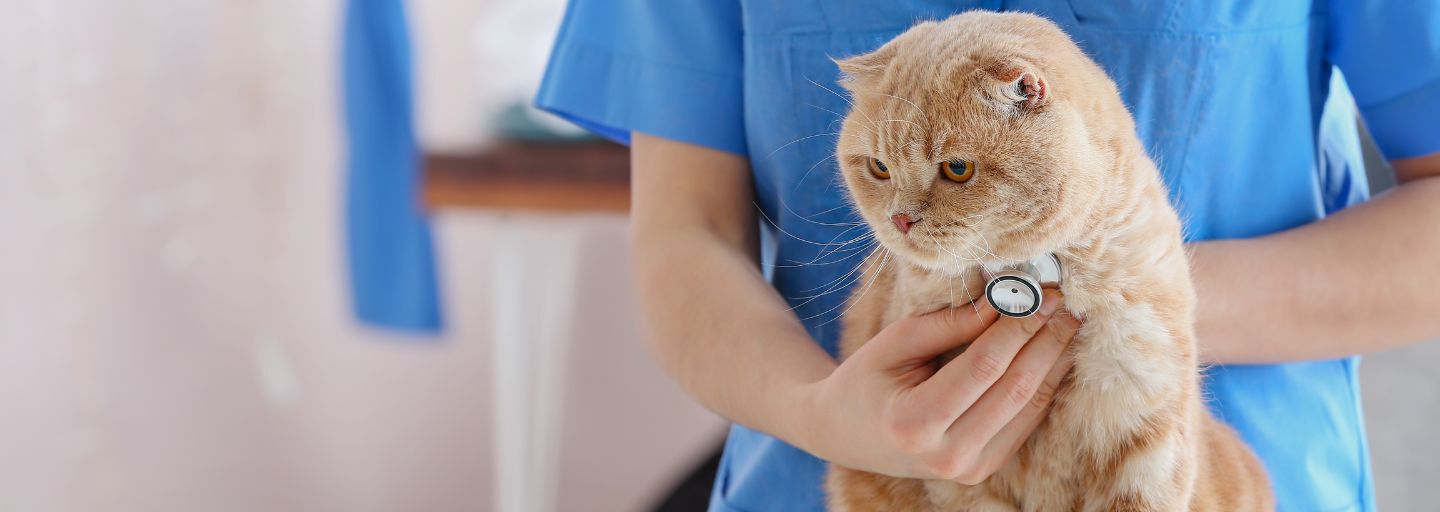Cats are known for their independent and playful nature, but they can also be susceptible to various sensitivities and allergies. As a responsible cat owner, it's essential to be aware of these common sensitivities in cats to ensure their health and well-being. Let's explore some of the most prevalent sensitivities that cats may experience.
Food Sensitivities
Food sensitivities are relatively common in cats and can manifest as digestive issues, skin problems, or even behavioural changes. Cats may develop sensitivities to certain ingredients in their diet, such as grains, dairy, or specific proteins.
If you notice symptoms like vomiting, diarrhea, excessive scratching, or hair loss, it's important to consult with your veterinarian. They can help identify the allergen and recommend an appropriate diet for your cat.
Environmental Allergies
Just like humans, cats can also develop allergies to various environmental factors. Common allergens include pollen, dust mites, mould, and certain chemicals.
Cats with environmental allergies may experience symptoms such as sneezing, coughing, watery eyes, or itchy skin. Your veterinarian can perform allergy testing to determine the specific allergens affecting your cat and recommend appropriate treatment options.
Flea Allergy Dermatitis
Flea allergy dermatitis is a common sensitivity in cats caused by an allergic reaction to flea saliva. Even a single flea bite can trigger an intense allergic response in sensitive cats.
Symptoms may include excessive itching, hair loss, redness, and skin infections. Preventing fleas through regular flea control measures, such as topical treatments or oral medications, is crucial to managing this sensitivity. Consult with your veterinarian to determine the most effective flea control method for your cat.
Environmental Irritants
Cats can also be sensitive to various environmental irritants, such as certain cleaning products, cigarette smoke, or strong fragrances.
These irritants can cause respiratory issues, skin irritation, or even exacerbate existing sensitivities. It's important to create a cat-friendly environment by using pet-safe cleaning products, keeping your home well-ventilated, and avoiding exposure to harmful substances.
Litter Sensitivities
Some cats may develop sensitivities to certain types of cat litter. This can result in skin irritation, respiratory problems, or litter box aversion.
If you notice your cat exhibiting signs of discomfort or avoiding the litter box, consider switching to a different litter type, such as unscented or hypoallergenic options. Gradually transitioning to a new litter can help your cat adjust.
Stress and Anxiety
While not a sensitivity in the traditional sense, stress and anxiety can have a significant impact on a cat's overall well-being. Cats are sensitive creatures that can be easily stressed by changes in their environment, routine, or social interactions.
Stress can manifest in various ways, including behavioural changes, excessive grooming, or urinary issues. Providing a calm and enriched environment, along with appropriate stress management techniques, can help alleviate these sensitivities.
Medication Sensitivities
Cats can have sensitivities or adverse reactions to certain medications, including flea preventatives, antibiotics, or pain relievers. It's crucial to inform your veterinarian about any previous reactions your cat may have had to medications. This will help them choose the most appropriate and safe treatment options for your cat's specific needs.
If you suspect that your cat may have a sensitivity or allergy, it's important to consult with your veterinarian for an accurate diagnosis and appropriate treatment plan. They can help identify the specific triggers and recommend strategies to manage or avoid them. Remember, each cat is unique, and what works for one may not work for another. By being attentive to your cat's needs and seeking professional guidance, you can ensure a happy and healthy life for your feline companion.







